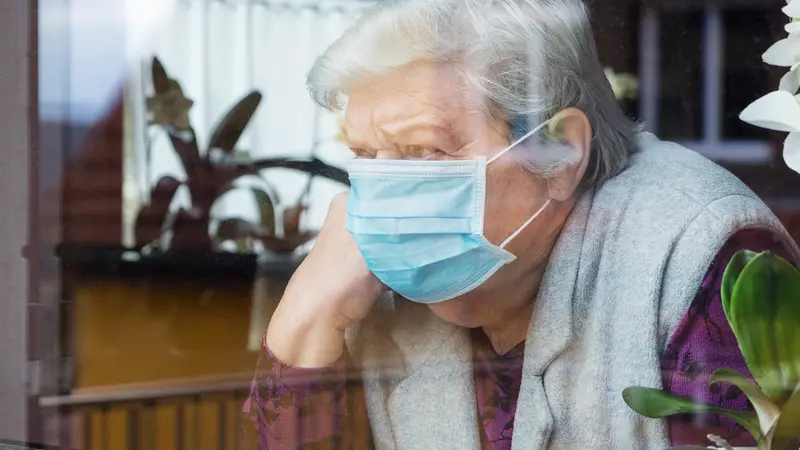

WELLthier Living and Aging

WELLthier Living and Aging
Whole Health Model Addresses Loneliness and Isolation in Older Adults
Older adults are especially prone to the negative effects of isolation and loneliness. With the COVID-19 pandemic raging and physical distancing recommended, increased isolation brings even greater health risks for seniors who may also be managing chronic health conditions. Social isolation and loneliness have been associated with higher risk of heart disease, type 2 diabetes, depression, as well as all-cause mortality.
Studies suggest that addressing loneliness may improve quality of life and perception of health while reducing healthcare costs. A 2017 study by AARP found that older adults who are socially isolated account for a higher level of Medicare spending due to increased hospitalizations yet are at higher risk for mortality despite the additional healthcare. A 2019 study of patients with chronic obstructive pulmonary disease (COPD) found that loneliness in patients with COPD is significantly associated with increased emergency room visits and lower self-perception of health.
Social isolation is also known to disrupt vital routines, such as diet and exercise, that are critical to a patient’s wellness. Research has shown that physical activity increases longevity and reduces symptoms of depression. A 2020 meta-analysis indicates that older adults are at higher risk of depression due to food insecurity, while a 2018 systematic review found that older adults who maintain a healthy diet report having better health and quality of life.
The Whole Health model of patient-centered healthcare addresses this important healthcare challenge by emphasizing the patient’s relationship with their community and focusing on self-care strategies that are based on the patient’s values, needs, and goals. A recent study at a community mental health center showed the Whole Health model improved care coordination between providers and reduced Medicare expenses and hospital visits. Practitioners can support isolated patients by offering more frequent contact through health coach visits or shared medical appointments.
REFERENCES
The Institute for Functional Medicine. (n.d.) Whole person care for older adults. https://www.ifm.org/news-insights/whole-person-care-for-older-adults/?


 By
By






